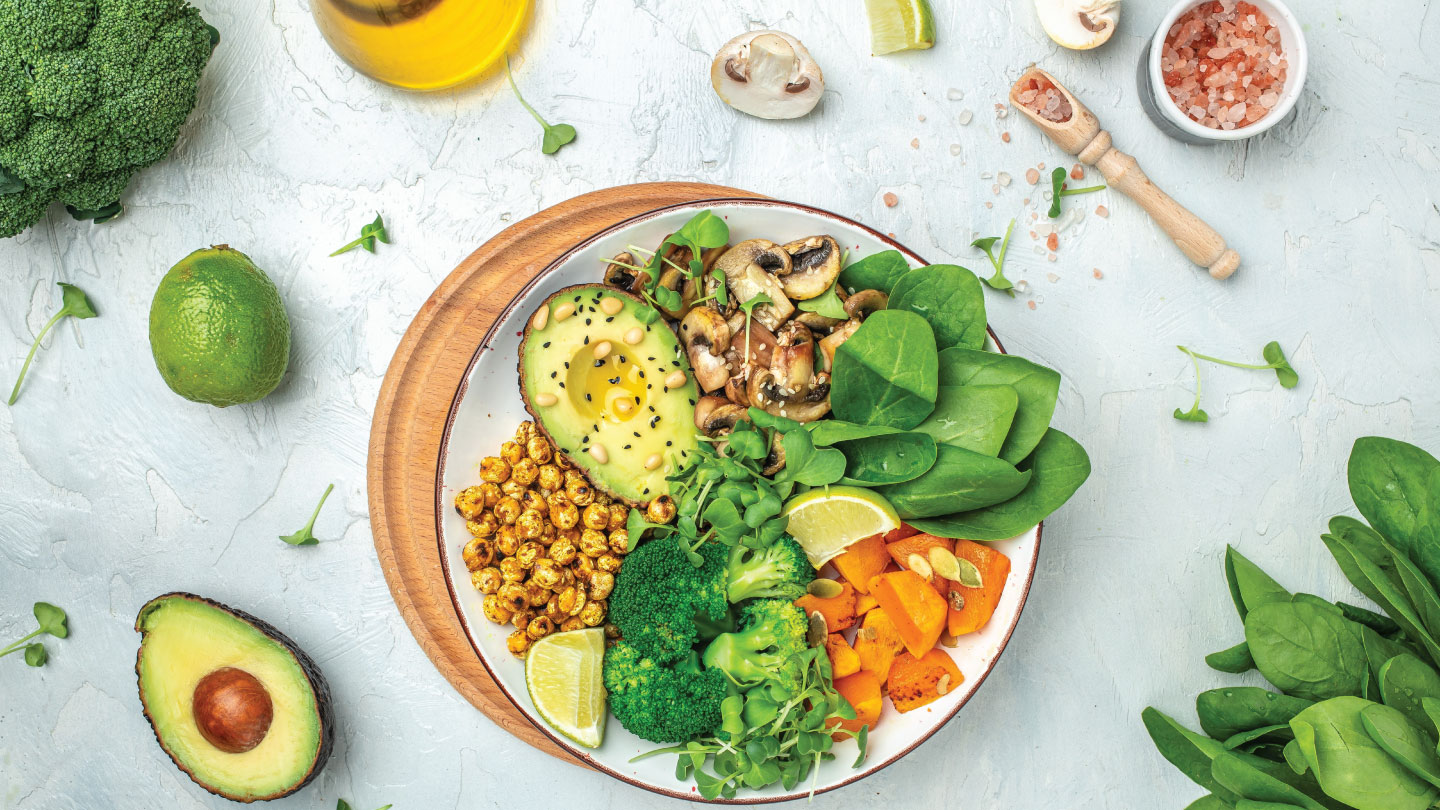Nutrition
The A-Z Of Indian Superfoods: Jackfruit
Packed with vital vitamins and minerals, jackfruit is becoming increasingly popular as a superfood worldwide. Read on to learn more about its benefits and how you can incorporate it into your diet.

Jackfruit is a versatile tropical fruit that boasts of a range of benefits. Scientifically known as Artocarpus heterophyllus, it is full of a variety of important nutrients. Jackfruit can be consumed ripe or unripe, in raw and cooked forms, and is used in sweet and savoury dishes alike. A common delicacy grown in tropical regions such as South and Southeast Asia, jackfruit has also gained popularity globally in recent times with the increasing interest in plant-based diets. The largest tree-borne fruit, India is its biggest producer in the world.
Jackfruit is comparatively low in caloric content, with one cup of the fruit offering about 155 calories. It also gives nearly 3 g of protein. Jackfruit is rich in Vitamin C, Vitamin A, Thiamine and Riboflavin, and also provides minerals such as magnesium and potassium.
Benefits of Eating Jackfruit
1. Boosts Immunity: Jackfruit is full of powerful antioxidants that can protect from damages caused by free radicals and help you combat diseases. Its high Vitamin C content, which is 18 percent of Required Daily Intake (RDI), boosts your immunity. Moreover, it is also rich in carotenoids and flavonoids, which, according to articles published in Nutrients and Journal of Medicinal Food reduce the risk of several chronic diseases, including cardiovascular disorders and cancer.
2. Regulates Blood Sugar: Jackfruit does not have a very high glycemic index (GI), which is a rating system of foods that shows how long a certain food item takes to affect your blood sugar level. A study published in the Journal of Ethnopharmacology showed that jackfruit extract significantly improved glucose tolerance in participants.
3. Maintains Heart Health: A 2015 study published in the International Journal of Biological, Biomolecular, Agricultural, Food and Biotechnological Engineering showed that jackfruit seed consumption significantly decreased overall cholesterol and increased good cholesterol in rats. The potassium content in jackfruit also lowers blood pressure by interacting with sodium. Vitamin B6 in jackfruit can lower the risk of heart disease by helping in the reduction of homocysteine, an amino acid whose presence in high levels can cause arterial damage and blood clots.
4. Aids Digestion: Jackfruit is full of dietary fibre, which is beneficial for regulating your bowel movement. One cup (165 g) of sliced jackfruit yields around 3 g of fibre. A review published in Comprehensive Reviews in Food Science and Food Safety shows that it can also help in improving stomach ulcers.
5. Improves Bone Health: The magnesium in jackfruit is important for the absorption of calcium, which helps in strengthening the bones and preventing bone-related disorders such as osteoporosis.
6. Benefits Skin: The antioxidant properties of the fruit may contribute to better skin. Vitamin C, in particular, plays an important role in the production of collagen, a protein which is one of the major building blocks of skin. Its many phytonutrients exhibit antifungal, anti-inflammatory and anti-aging qualities.
How To Eat Jackfruit
1. Eat the fleshy yellow parts of ripe jackfruit for its distinctive delicious taste as well as its many beneficial nutrients. A good tip for cutting the fruit is oiling your knife (as well as your hands, if not wearing gloves) beforehand to counter the sticky sap of the fruit.
2. Use the ripe yellow fruit pods in your smoothie.
3. Slather on some jackfruit jam on your morning toast. Chakka Varatti is a jam-like preparation popular in Kerala, made from ripe jackfruit and jaggery.
4. Use green jackfruit to cook up a sumptuous curry.
5. The flesh of green jackfruit is often used as a meat substitute in vegetarian and vegan recipes due to its fibrous and meaty texture. Add it to your burgers, sandwiches or tacos, or switch out the meat in your biryani with cooked green jackfruit pieces, for a plant-based version of your favourite dishes.
6. Jackfruit seeds are also edible, although not in raw form. Boil or roast jackfruit seeds. Have them as an easy snack, or add them to salads.
Jackfruit is generally safe to eat, but some people may be allergic to it. Due to its blood sugar lowering property, regular consumption of the fruit might also interfere with diabetes medication. Jackfruit seeds also may have anticoagulant properties, which could be detrimental when in combination with blood-thinning medicines.
With inputs by Dr Lakshmi K, Ph.D Food Science & Nutrition, University of Georgia (USA), Head Nutritionist, URLife
EXPLORE MORE
Five thoughtful breakfast combinations that work with diabetes, PCOS, thyroid issues, inflammation, and heart health.
From fibre and protein to gut health and mindful meals, these are the healthy eating lessons that stood out in 2025!
Bloating isn’t just about overeating or bad food choices. According to expert nutritionist Dr Lakshmi Kilaru, it’s often the result of multiple factors. Keep reading to know more.
If you’re on a GLP-1, your diet can make or break your health journey. Here’s your guide to avoid common pitfalls.






.jpg)

.jpg)

